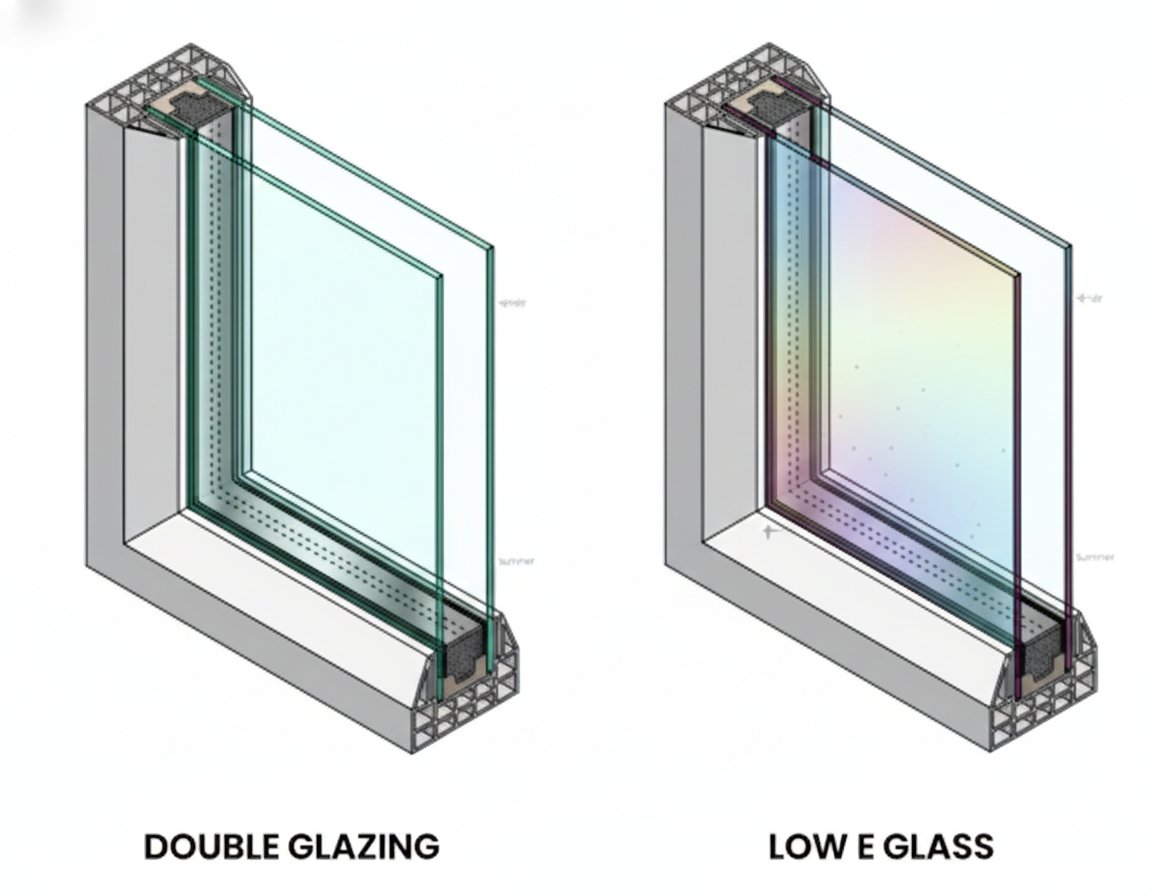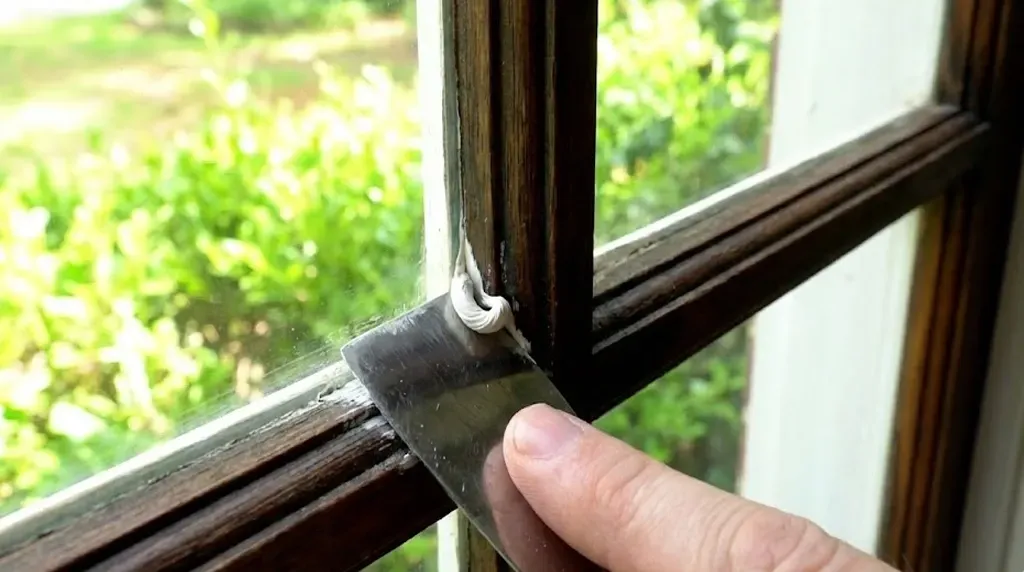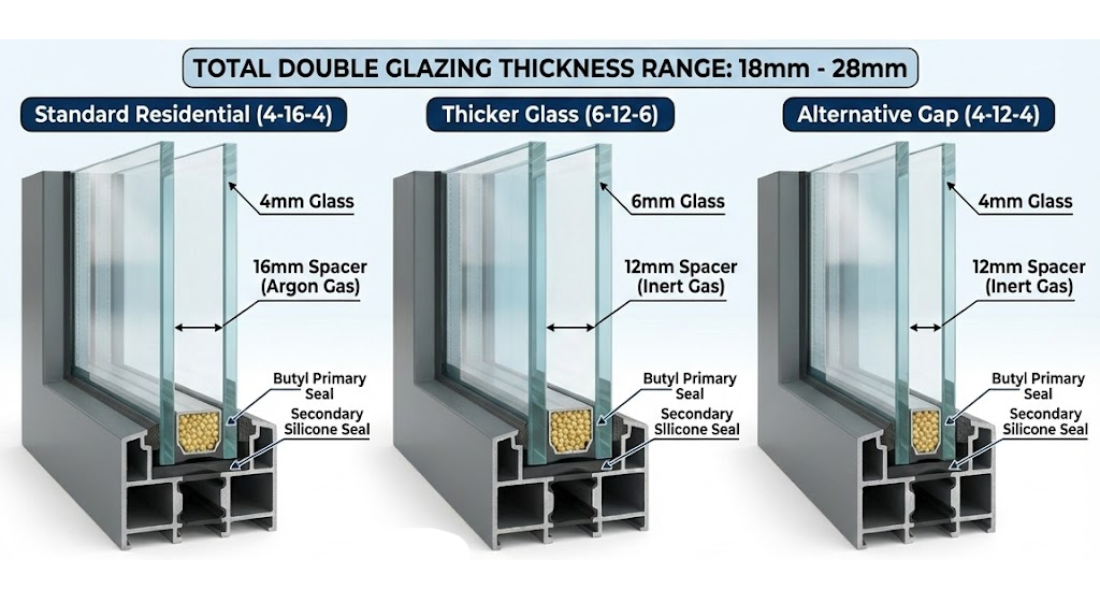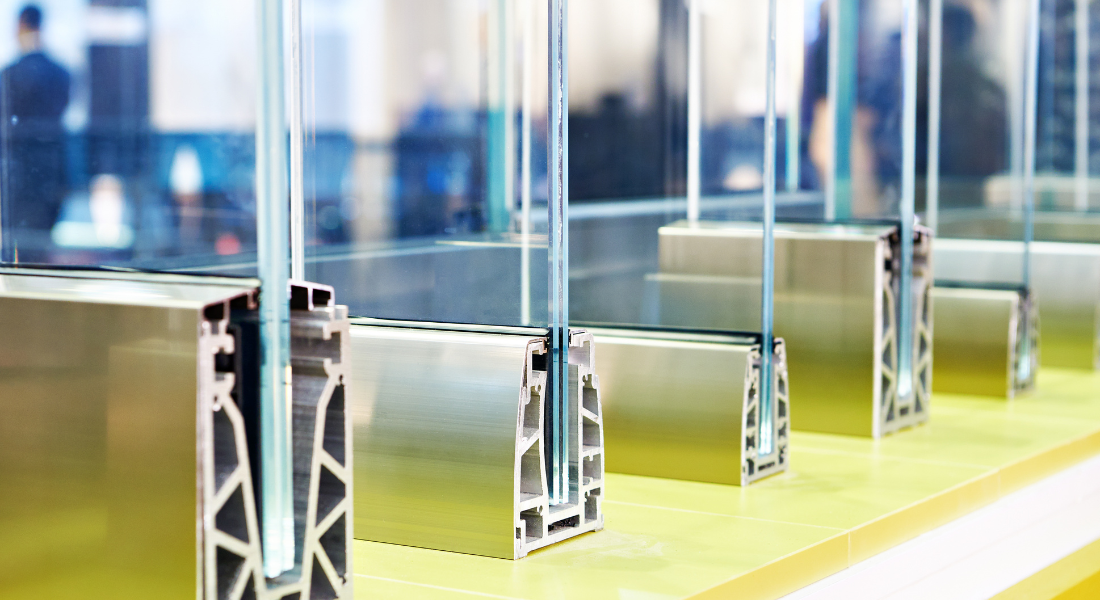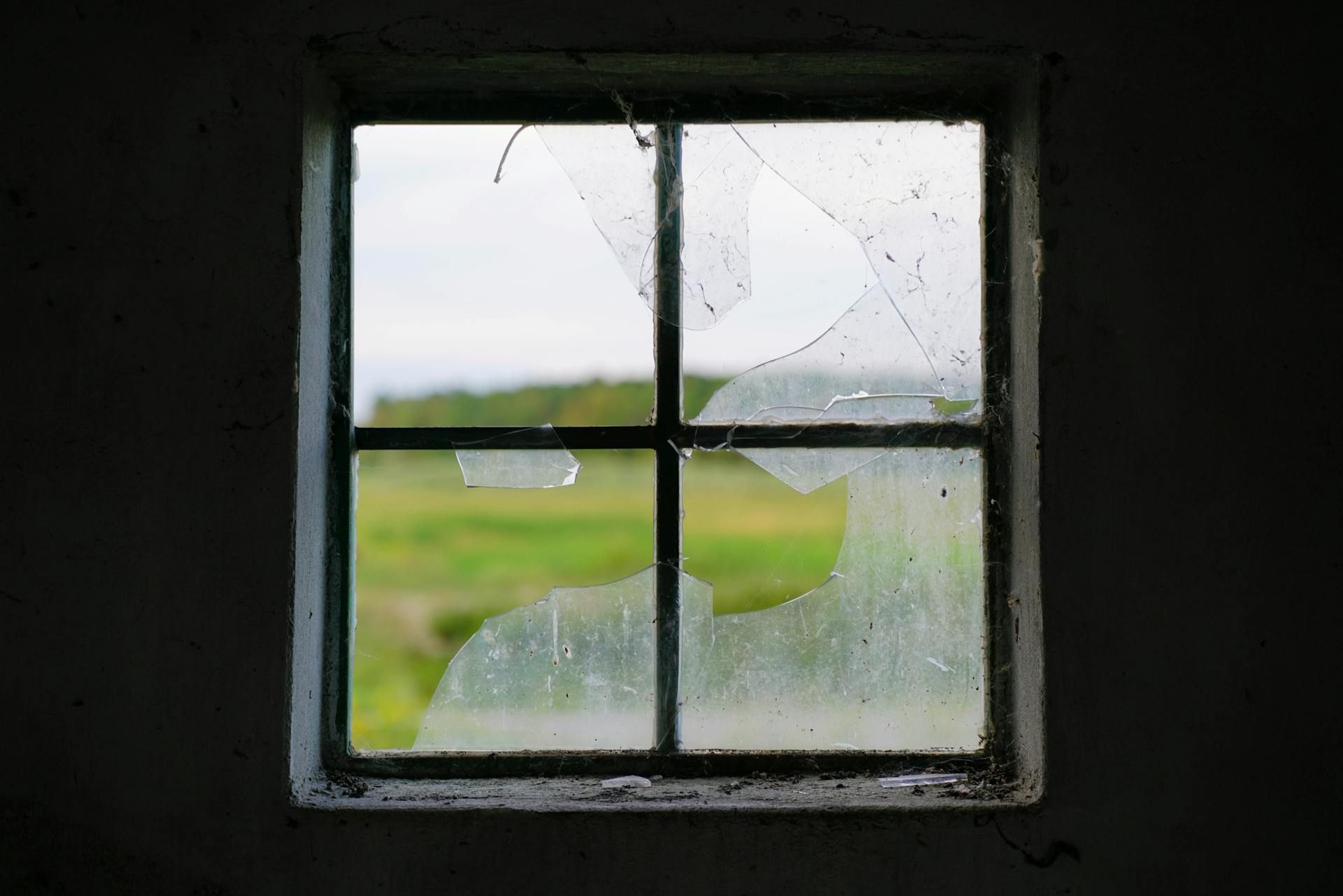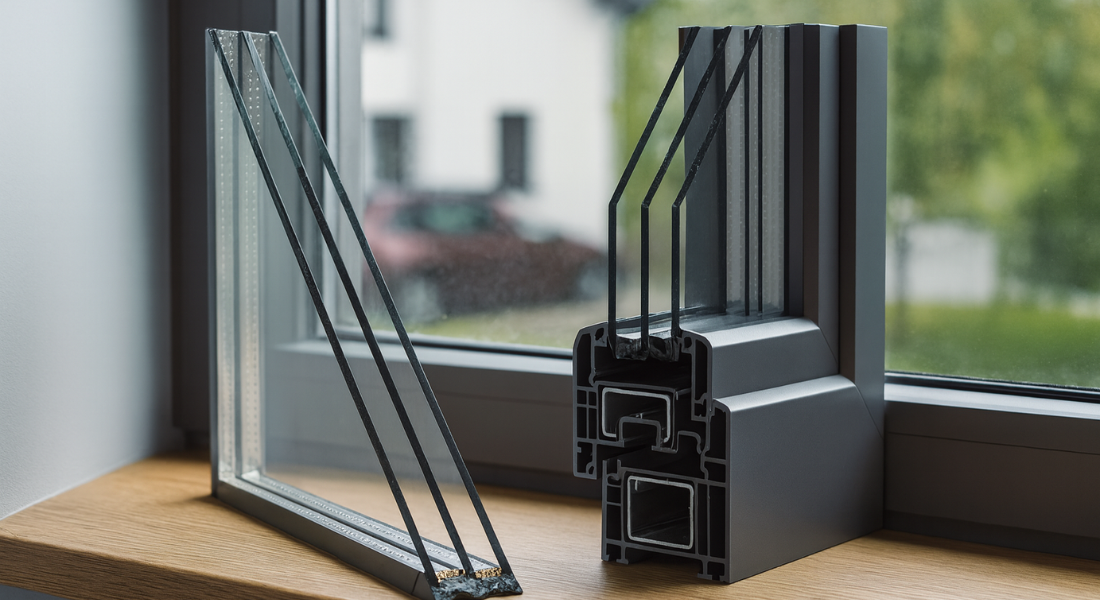How Energy Efficient Window Glazing Save Energy?
Are your windows causing your energy bills to skyrocket? You may not realize it, but inefficient windows are a major source of heat loss and discomfort in homes. During the winter, they let warm air escape, and in the summer, they allow the heat in, making your HVAC system work overtime.
It’s frustrating to deal with rooms that are too cold or too hot, not to mention the rising energy costs. Even worse, the drafts and temperature swings can make your home feel less comfortable and cozy.
Luckily, there’s a solution. By upgrading to energy-efficient glazed windows, you can drastically reduce heat loss, improve insulation, and start saving on your energy bills. Let’s dive into how window glazing can transform your home’s comfort and efficiency.
What Is Window Glazing and How Does It Reduce Heat Loss?
The question many people ask is, "How Does Window Glazing Reduce Heat Loss?"
The answer is simple: it's all about the materials used in both the framing and the glass itself. Traditional windows with a single pane of glass allow a lot of heat transfer, but modern windows use insulated glass units, which have two panes of glass separated by a spacer filled with argon or krypton gas. These gases help slow down the transfer of heat, whether it's from the blazing summer sun or the cold winter air.
The frame material is just as important. Vinyl is a great insulator, helping to prevent heat loss and heat gain. When you combine a vinyl frame with dual-pane glass that has a low-E coating, you're creating a barrier that blocks UV rays and thermal energy from passing through. This means your home stays cooler in the summer and warmer in the winter, without your HVAC system working overtime.
These windows are especially effective in hot climates. The low-E glass coating reflects a significant amount of heat, while the insulated glass slows down the rate at which heat enters or leaves your home. This results in a more stable indoor temperature and noticeable savings on your energy bills.
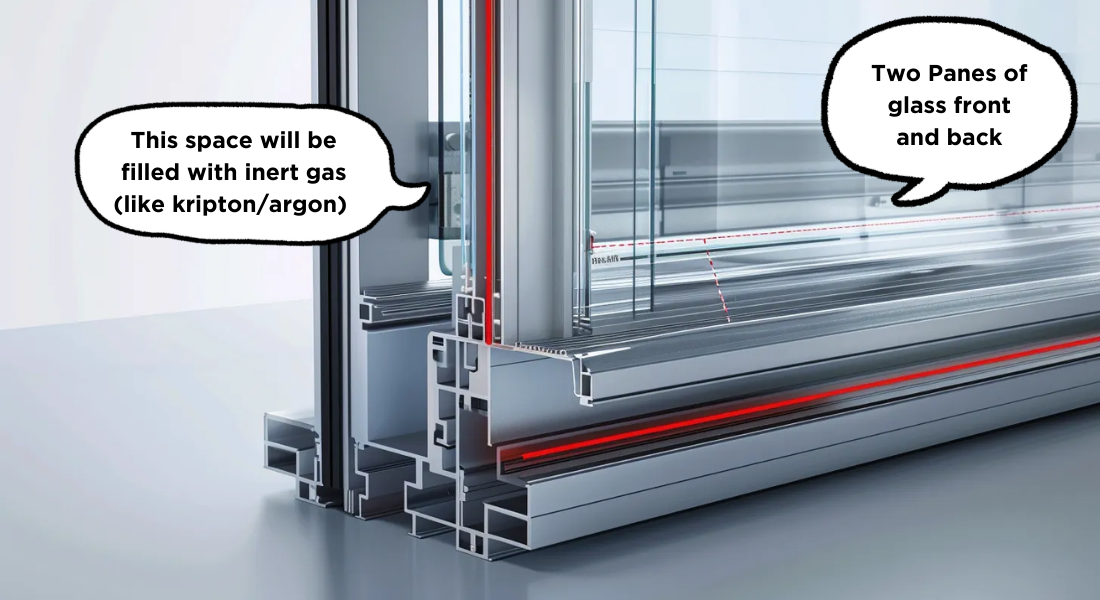
How Does Glazing Affect Energy Efficiency in Your Home?
The more layers or treatments your windows have, the less heat you're going to lose through them.
Now, why does this matter? Well, if your windows are energy efficient and can help reduce heat loss, your heater won’t have to work overtime in the winter. That means you’re using less energy, which saves you money on those energy bills. Plus, it's better for the environment.
So if you're thinking about cutting down on energy use, upgrading your window glazing is a solid move.
What Is Low-E Glass and How Does It Prevent Heat Loss?
Low-E glass is glass with a special coating that reflects heat. So when you’re heating your house in the winter, that heat stays inside instead of escaping through the windows. At the same time, this glass still lets in natural sunlight, so you're not sitting in the dark.
During the summer, it works the opposite way. It helps stop too much heat from getting in, keeping your place cooler. Low-E glass makes your windows way more energy efficient by reducing the heat that passes through without messing with how much light comes in. This helps you save on heating and cooling, making your home more comfortable year-round without burning through energy.
Is It Worth Replacing Old Windows with Energy Efficient Windows?
If you’ve got older windows, especially single-pane ones, swapping them out for energy-efficient windows is absolutely worth it.
Why? Well, new windows are designed to keep more heat inside during the winter, which means you’re not losing all that warmth you’re paying for. They’ve got advanced tech like double or triple panes of glass, low-E coatings, and better-insulated frames. All of that adds up to lower energy bills, especially in the colder months when heating costs go through the roof.
But it's not just about saving money on your bills. New energy-efficient windows also make your home more comfortable, improve its security, and even increase your home's value if you ever decide to sell.
What Are the Additional Benefits of Energy-Efficient Windows?
Energy-efficient windows don’t just help with saving energy, they come with a bunch of other perks too.
First off, they can make your home quieter by reducing the noise that gets in from outside—so if you live in a busy area, that’s a big plus.
They’re also more secure, with stronger frames and thicker glass that’s harder to break.
On top of that, they help reduce condensation on the inside, which can lower the risk of mold and make your home healthier overall.
Can You Upgrade Existing Windows to Improve Energy Efficiency?
If replacing all your windows isn’t an option, secondary glazing is a cost-effective solution that can still help reduce heat loss.
Instead of getting all new windows, you add an extra layer of glass to your existing ones. It’s way cheaper than a full replacement but still helps reduce heat loss.
While it won’t be as energy-efficient as brand-new double or triple-glazed windows, it’ll definitely help cut down on heat escaping, lower your energy bills, and make your home a bit cozier.
So, if a full upgrade isn’t possible right now, secondary glazing is a great middle-ground option.
How Do Different Types of Glass Impact Window Energy Efficiency?
The type of glass you choose makes a big difference in how well your windows can save energy.
Low-E glass is one of the best options because it reflects heat back into your home instead of letting it escape. And if you go with argon-filled double or triple glazing, you’re adding even more insulation.
Each type of glazing has its own energy rating, so you can see how well it performs in terms of keeping heat inside or blocking heat from outside. By picking the right glass, you can make your home way more energy-efficient and save money in the long run.
Window Glazing Services in Clarksville, Tennessee by Allnite Glass
At Allnite Glass, we know how important it is to have energy-efficient, durable windows that help you save money and stay comfortable. Our window glazing services aim to fix problems like high energy bills, uncomfortable indoor temperatures, and noisy surroundings. Whether you need to replace old windows or upgrade your current ones, we’re here to help.
Get Started Today!
If you’re tired of high energy bills or uncomfortable rooms, contact us today. Let us help you upgrade your windows with energy-efficient glazing that improves your home’s comfort and saves you money.
Key Takeaways:
- Window glazing significantly reduces heat loss, which helps improve energy efficiency in your home.
- Double-glazed windows with a low-e coating and argon-filled gaps provide superior insulation and reduce heat transfer.
- Upgrading to energy-efficient windows can reduce energy bills, improve comfort, and enhance security.
- Low-E glass is highly effective at reflecting heat back into the home while maintaining visibility.
- Secondary glazing is a cost-effective way to improve the energy performance of existing windows.
- Choosing the right type of glass and glazing is key to maximizing the energy efficiency of your windows.
- Energy-efficient windows can help you save energy and reduce heat loss, ultimately leading to lower energy consumption and a more sustainable home.
If you're looking to upgrade your windows or simply want to learn more about the best options for your home, check out our blog "Choosing the Best Window Glass for Home: Guide to Different Types of Window Glass." It breaks down everything you need to know about the various types of window glass, from energy-efficient options to styles that boost security and comfort.
FAQs
How are glazed windows energy efficient?
Glazed windows are energy efficient because they use multiple panes of glass, often with a gap filled with air or an inert gas like argon, to provide better insulation. This design reduces the amount of heat that passes through the window, helping to keep your home warmer in the winter and cooler in the summer. By minimizing heat transfer, glazed windows reduce the need for excessive heating or cooling, which in turn lowers energy consumption and energy bills.
What is the benefit of window glazing?
The primary benefit of window glazing is improved insulation, which leads to reduced heat loss and enhanced energy efficiency. Glazed windows help regulate indoor temperatures, making your home more comfortable throughout the year. In addition to saving energy, window glazing can also reduce noise pollution, enhance security, and prevent condensation from forming on window surfaces, which can lead to mold or damage.
How do windows save energy?
Windows save energy by reducing heat transfer between the inside and outside of your home. Energy-efficient windows, especially those with double or triple glazing and low-emissivity (low-E) coatings, reflect heat back into the home during winter and prevent excessive heat from entering during summer. This helps maintain a consistent indoor temperature, reducing the workload on heating and cooling systems and resulting in lower energy use and reduced energy bills.
How does double-glazing windows reduce energy loss?
Double glazing reduces energy loss by using two panes of glass with a gap in between, which acts as an insulating barrier. The gap is often filled with argon gas, which has low thermal conductivity, further slowing down heat transfer. This setup reduces the amount of heat that escapes in the winter and prevents excessive heat from entering in the summer, leading to lower energy consumption and improved indoor comfort. The result is significant energy savings and better overall home insulation.
